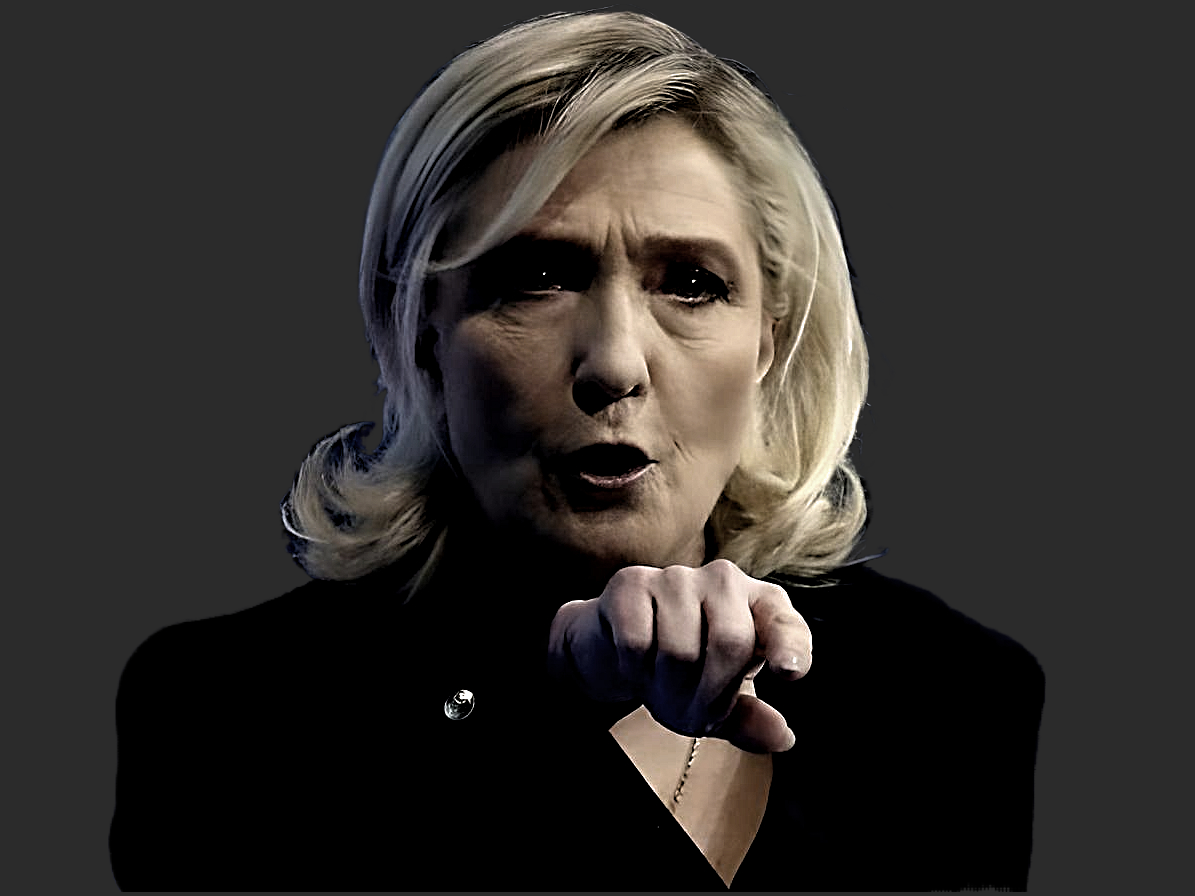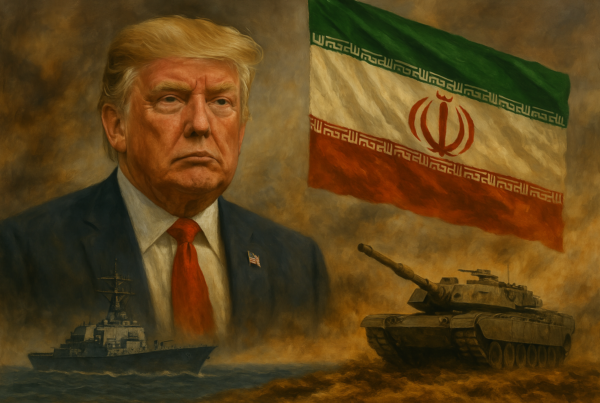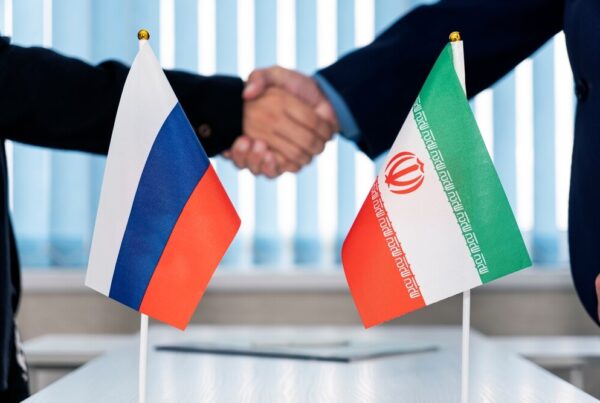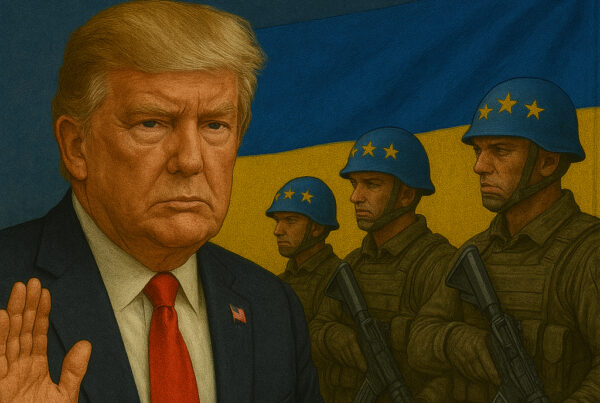First, it was sidelined by Marine Le Pen’s National Rally from the Identity and Democracy bloc in the EU Parliament. Now, the Alternative for Germany (AfD) is barred from joining the new “Patriots for Europe” bloc, prompting the party to establish its own bloc.
Dubbed “Europe of Sovereign Nations,” this new bloc will include 28 representatives from nine countries, with 14 from the AfD. Just this Monday, other right-wing organizations united under the “Patriots for Europe” bloc, which has 84 members from 12 countries, making it the third-largest bloc in the EU Parliament. The AfD was conspicuously left out.
The mastermind behind the “Patriots for Europe” is Hungary’s Prime Minister Viktor Orbán. Alongside Orbán’s Fidesz, members include the Freedom Party of Austria (FPÖ), National Rally, and Italy’s Lega, led by Matteo Salvini. Notably, National Rally and Lega pushed to exclude the AfD from the “Patriots for Europe,” thus cementing their system-pandering status.
Being without a bloc would have resulted in the AfD having less money, positions, and speaking time in the parliament. Until the end of May, the AfD was part of the Identity and Democracy bloc. It was expelled after Maximilian Krah, its lead candidate for the European elections, merely mentioned historical facts about the Waffen-SS in an interview. Krah stated that not all members of the Waffen-SS were criminals, aiming to provide a nuanced perspective on history. This rational comment was twisted and used as a pretext to exclude the AfD. Le Pen — who has a history of cordial connections with Franz Schönhuber, the former leader of the German nationalist party The Republicans as well as interpreter and trainer of the French (!) Waffen-SS Division Charlemagne — ironically found Krah’s factual statement too provocative. Le Pen feared for her party’s image, especially as she tried to appeal to “moderate” voters during the European elections, which did not help her one bit in the end, as we now know.
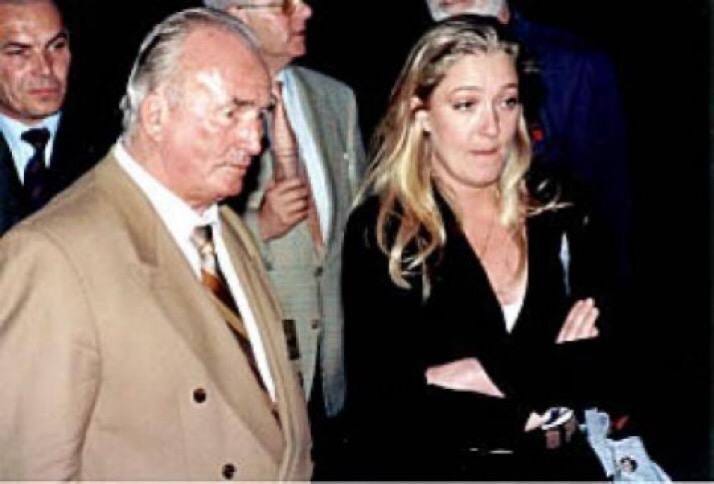
Here is Marine Le Pen in close company with her then friend and ally Franz Schönhuber, chairman of the right-wing German party The Republicans, Waffen-SS Unterscharführer, and instructor of the French Waffen-SS Division Charlemagne.
After Krah’s comments, National Rally Chairman Jordan Bardella declared that such rhetoric crossed a “red line,” leading to a swift motion to exclude the AfD. The AfD attempted damage control: Krah stepped back from the party leadership, was banned from appearances, and eventually expelled from the AfD’s future delegation in the EU Parliament. Nonetheless, Le Pen’s barrier against the AfD held firm, proving once more that cucking rarely pays for the Right.
In recent weeks, there was speculation about the AfD joining the “Patriots for Europe” after a period of “contrition.” The party liked the idea. According to sources from the AfD federal board, “the AfD would certainly fit well into this group.” At the party congress in Essen, a spokesperson for AfD leader Alice Weidel said it was “not yet possible to join a bloc with Fidesz.” However, the new bloc of Fidesz and FPÖ “opens new opportunities for collaboration with other parties.”
There are many shared views between Orbán, Le Pen, and the AfD: disdain for the EU, opposition to military support for Ukraine, and strong ties with Russia. Yet, Le Pen has rejected the AfD again. The creation of “Europe of Sovereign Nations” indicates this clearly — this bloc has 70 fewer members than “Patriots for Europe” and thus minimal power.
This situation once again highlights a recurring issue for right-wing groups: falling into the “divide and conquer” trap often set by the Left. By focusing on internal conflicts and purity tests, right-wing groups weaken their collective strength and political impact, allowing their opposition to maintain dominance and control.
